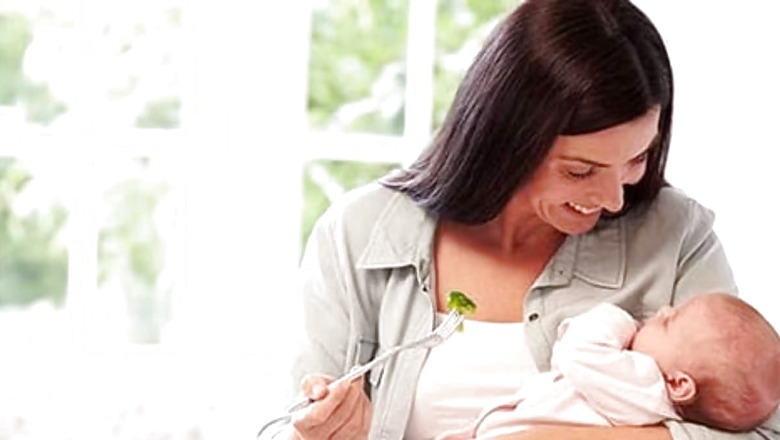
views
The postpartum phase, lasting 6-8 weeks after birth, is a critical time when a mother’s body returns to pre-pregnancy levels. This period involves significant hormonal shifts that can lead to physical and emotional challenges. While the focus often remains on the new born, prioritizing the mother’s well-being is crucial, especially concerning heart health.
Do’s:
Immediate postpartum care is vital. For vaginal delivery with episiotomy, pain and soreness are common. Proper perineal care, keeping stitches clean, and antibiotics can ease discomfort. For cesarean delivery, pain in the lower abdomen can be managed with medication.
Maintaining a balanced diet rich in proteins, carbohydrates, and fiber is essential. Eating on time and using stool softeners can prevent constipation, aiding recovery. Self-care is non-negotiable—taking moments for relaxation, whether a warm bath, a walk, or meditation, supports mental and physical health. Accepting help from loved ones for chores, meals, or baby care is equally important.
Staying hydrated and nourished sustains energy levels, aiding recovery. Rest is paramount; sleep when the baby sleeps and prioritize healing over household chores. Connecting with other mothers through support groups can provide comfort and shared experiences. Open communication with partners ensures a collaborative approach to parenting challenges.
Don’ts:
Avoid overexertion. Allow your body time to recover before resuming pre-pregnancy routines. Refrain from comparing your journey with others; trust your instincts. Emotional health is vital; postpartum mood disorders are common and treatable. If you’re feeling depressed or anxious all the time, get professional assistance.
Isolation can worsen feelings of loneliness. If you’re feeling depressed or anxious all the time, get professional assistance.
Make calls or send text messages to stay in touch with your loved ones. Pay attention to warning signs like excessive bleeding or severe pain and seek medical attention promptly. Discuss birth control options with your obstetrician to prevent unintended pregnancies. Avoid smoking, and ensure your partner does too, as it’s harmful to the new born.
Finally, don’t feel guilty about experiencing a range of emotions. The postpartum period is a time of learning and adjustment. By prioritizing self-care and seeking support, new mothers can navigate this journey confidently, safeguarding both their emotional well-being and heart health.




















Comments
0 comment